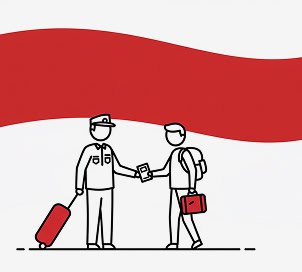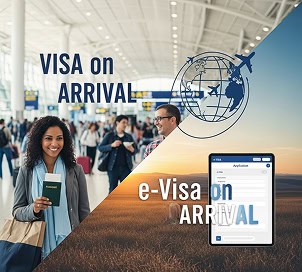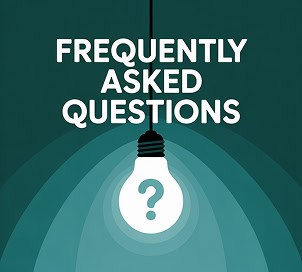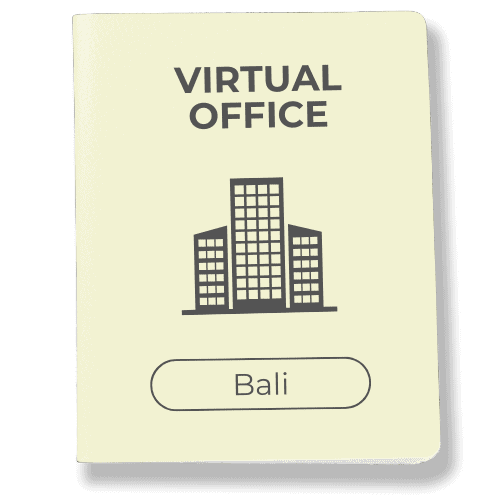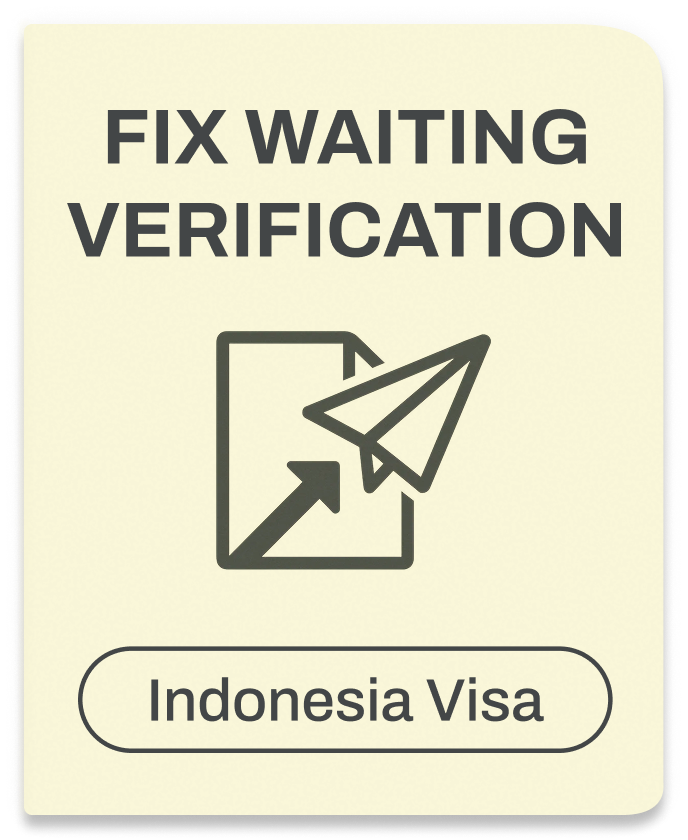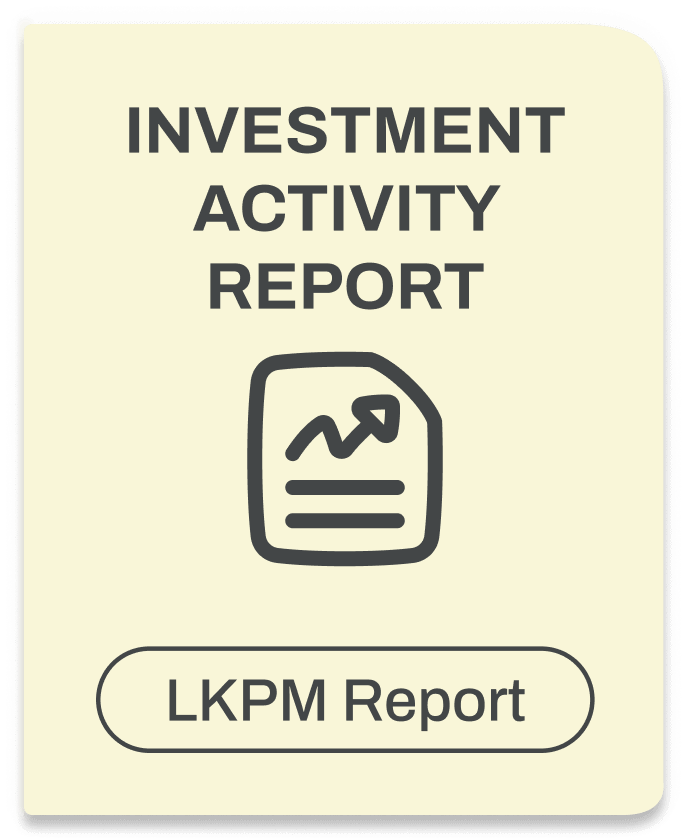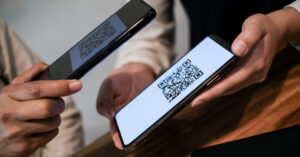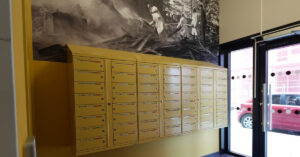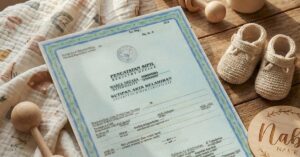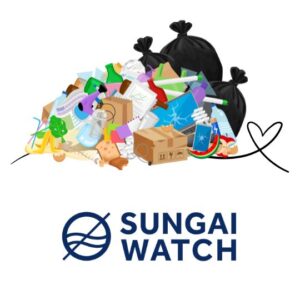Money Exchange Bali: How to Spot the Real Best Rate
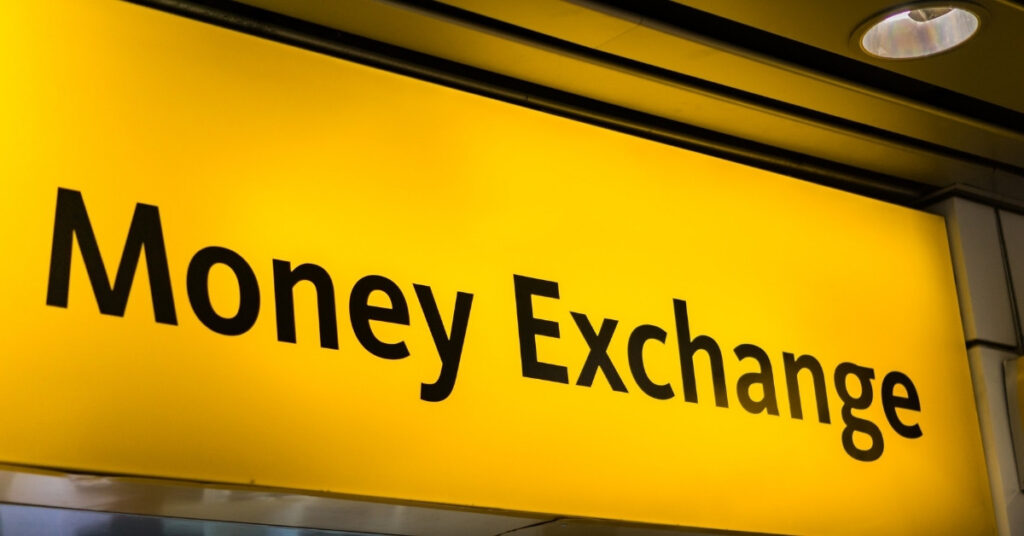
Traveling to Bali? You’ll need to handle money exchange smartly to stretch your budget and avoid common pitfalls. The best approach is simple: exchange a small amount at the airport, then head to authorized money changers in town for the best rate. Stick to trusted names like Central Kuta or BMC, always count your cash, and stay alert for hidden fees. This guide breaks down where to find the best money changers, how to avoid scams, and area-specific tips, so you can exchange currency with confidence. Keep reading for expert advice every tourist should know.
Table of Contents
Understanding Money in Bali: Indonesian Rupiah Basics
Indonesia uses the Indonesian rupiah (IDR) as its official currency. When you visit Bali, you’ll encounter banknotes in various denominations: 1,000, 2,000, 5,000, 10,000, 20,000, 50,000, and 100,000 rupiah. The most helpful denominations for tourists are 10,000, 20,000, and 50,000 rupiah notes, perfect for daily transactions across the island.
Imagine trying to pay for parking with a 100,000 rupiah note at a local warung. Most vendors can’t change large bills, so having smaller denominations makes your trip smoother. Keep plenty of small cash handy for tips, typically ranging from 10,000 to 50,000 rupiah for good services.
Cash remains king in Bali. While many hotels and restaurants accept cards, you’ll need rupiah for markets, temples, street food, and local transport. Don’t expect currencies like the Australian dollar or the Singapore dollar to be accepted directly; you must exchange currency first.
Where to Exchange Money in Bali: Your Best Options
If you need to exchange currency in Bali, start with a small amount at the airport, then shop around in town for the best rate. Prioritize licensed bureaus (the best money changer is the one with a visible license, clear board rates, and printed receipts), compare a couple of nearby counters, and only finalize your currency exchange during daylight.
Licensed Money Changers: The Best Way Forward
Authorized money changer locations offer the best way to exchange money while staying safe. These reliable outlets have served customers across Badung Regency and beyond for years. Look for established names that tourists can trust.
- Central Kuta money exchange maintains multiple branches throughout Kuta and Legian, offering competitive exchange rates for major currencies. Their board displays current rates clearly, and staff provide quality service without commission tricks. Customers appreciate their honesty and transparent pricing.
- Dirgahayu Valuta Prima operates outlets across the island, from busy Seminyak to cultural Ubud. They understand what tourists expect: fair rates, authentic banknotes, and helpful service. Their decades of experience show in their professional approach.
- BMC (Bali Maspintjinra) has built a reputation for trustworthy currency exchange services. Their locations near Kartika Plaza and other tourist areas make them convenient choices. Staff count money carefully and provide proper receipts for every transaction.
Banks: Safe but Expect Lower Rates
Bank locations offer the safest money exchange option, especially for large amounts. Indonesian banks provide authentic banknotes and reliable service, though you should expect rates 3-5% below money changer outlets. The convenience and security might justify the cost for your first exchange.
Major banks across Bali can exchange Australian dollars, Singapore dollars, pound sterling, and USD without issues. However, customers pay premium prices for this convenience. Consider banks when changing money outside normal business hours or when dealing with significant sums.
ATM Services: Convenient but Watch the Costs
ATM machines throughout Bali dispense Indonesian rupiah directly from your account. This convenience comes with costs; foreign transaction fees plus currency conversion charges can total 3-6% per withdrawal. Search for your bank’s partner networks to save on fees.
Use ATM services inside banks or malls where machines are better maintained. Always protect yourself by covering your PIN and checking for suspicious attachments. Guard against skimming devices, especially at tourist-heavy locations.
Getting Fair Exchange Rates: Protect Your Money
Search online for current exchange rates before visiting any money changer. XE.com or Google show real-time rates for USD, Australian dollar, Singapore dollar, and pound sterling. Don’t expect to get exact midmarket rates; legitimate businesses need profit margins.
A fair rate typically sits 2-4% below online rates. Be suspicious of outlets advertising amazing deals that seem too good to be true. Street touts offering “special rates” almost always use tricks to short-change customers.
Continue checking rates throughout your trip. Major money changer locations update their board several times daily, so morning rates might differ from afternoon rates. This gives you opportunities to save money with better timing.
Safety Checklist: How to Protect Yourself
Follow these steps every time you exchange currency:
- Count all cash yourself, out loud, keeping it in your hands
- Don’t let staff recount your money once you’ve verified it
- Ask for a receipt and compare it to the rate board
- Watch for hidden fees or sudden charges
- Avoid cramped outlets with mirrors or distractions
- Guard your money throughout the entire transaction
The most important rule: Count the money yourself. Don’t accept staff counting for you, even if they seem helpful or claim it’s faster. Politely insist on doing it yourself to protect against short-changing.
Common Scams: What Tourists Should Watch For

Too-good-to-be-true board rates, back-room recounts, hidden fees, and sleight-of-hand are the classic traps. Protect your currency exchange by counting the cash yourself (once, out loud), keeping the notes in your hand, asking for a printed receipt, and walking away if anything feels off, even if the rate looks like the best you’ve seen.
The Note-Drop Trick
This classic scam involves staff quickly recounting your money and secretly removing banknotes during the process. They might drop a note “accidentally” or use sleight-of-hand to palm bills while appearing to organize your stack.
Protect yourself by keeping money in your hands throughout. If someone insists on recounting, count everything again from scratch. Don’t continue the transaction if you feel pressured.
Hidden Fees and Commission
Some outlets advertise great exchange rates but spring hidden fees at the counter. They might claim the advertised rate only applies to larger amounts or suddenly discover “processing charges.” Western Union locations and unofficial changers often use these tactics.
Ask about all costs upfront and calculate totals yourself. If the final rate differs from what’s offered, walk away. Trustworthy money changer services display all costs clearly.
Street Currency Offers
Tourists walking through Kuta or Seminyak often encounter touts offering currency exchange. While you’re distracted examining their rates, accomplices might pickpocket you or set up other scams.
Continue walking and politely decline all street offers. Only exchange money at established outlets with fixed locations and proper licensing.
Cards and Modern Payment Options
Multi-currency accounts from Wise or Revolut can save money if you’re staying longer in Indonesia. These services offer better exchange rates than traditional banks and lower foreign transaction fees for tourists who visit frequently.
Credit cards work well for hotels, restaurants, and tourist activities across the island. However, you’ll still need cash for local markets, street food, temple donations, and transport in rural areas. Always carry backup payment methods.
Imagine your card failing during a temple visit or at a remote warung. Keep some USD or euros for emergencies, plus a spare debit card from a different bank. This preparation helps customers avoid problems when technology fails.
How Much Cash Do You Need in Bali?
Daily cash needs vary greatly depending on your travel style. Budget tourists might spend 200,000-400,000 rupiah per day ($13-27 USD) on local food, transport, and activities. Mid-range travelers typically need 500,000-1,000,000 rupiah ($33-67 USD) daily.
You’ll definitely need money for temple entrance fees (usually 15,000-30,000 rupiah), parking fees (2,000-5,000 rupiah), and tips. Market shopping and local warung meals also require cash payments.
Consider your planned activities when deciding how much to exchange. A spa day, beach club visit, or guided tour might cost 300,000-800,000 rupiah per person, while temple hopping costs much less. Save money by planning ahead.
Your First 48 Hours: Step-by-Step Plan
When you arrive, exchange money for 50-100 USD equivalent at the airport for immediate needs. This covers taxi fare, water, and snacks while you get oriented on the island. Airport rates aren’t the best rate, but convenience matters for essential services.
Once settled, search online for current exchange rates using your phone. Research authorized money changer locations near your accommodation and read recent comments from other tourists. Central Kuta money exchange and Dirgahayu Valuta Prima consistently receive positive reviews.
Visit your chosen money changer during daylight hours when you’re alert. Exchange enough for several days, but don’t carry more cash than necessary. Get a receipt and recount your money before leaving the shop. This simple step helps protect against errors or scams.
Area-Specific Money Exchange Tips
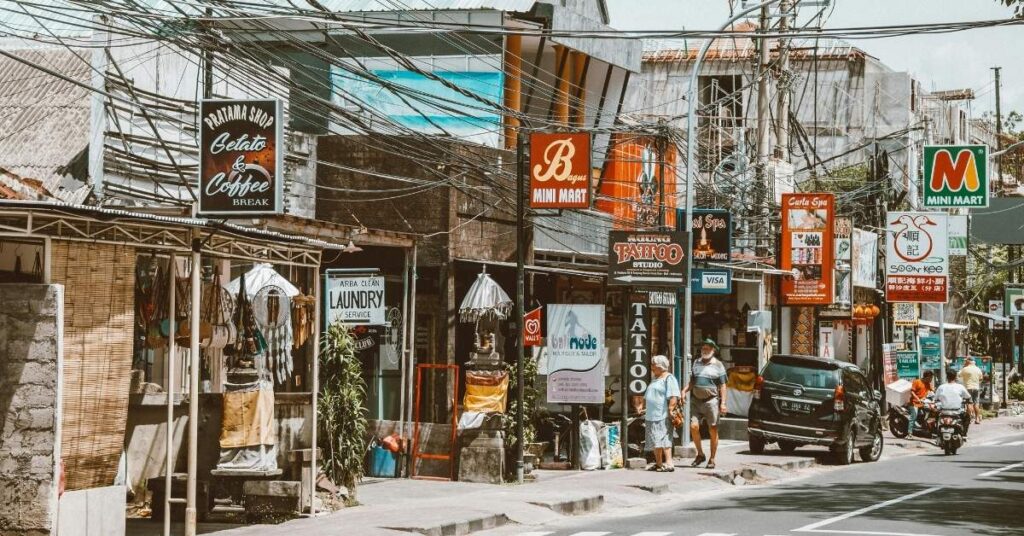
Neighborhoods differ. In busy hubs (Kuta, Seminyak, Ubud, Sanur), compare two or three licensed outlets on the main road for a better exchange currency deal. In quieter areas, plan ahead: check hours, use well-reviewed shops near landmarks, carry clean foreign notes, and break large IDR bills right after your currency exchange.
Kuta and Legian: Multiple Options
These beach areas have numerous money changer outlets, including Central Kuta branches and BMC locations. Competition keeps exchange rates reasonable, and you’ll find services every few blocks along main roads. Tourists can easily compare rates between different outlets.
Search for outlets near Kartika Plaza and along Legian Street. These established locations have served customers for decades and understand what tourists expect: fair rates and honest services.
Seminyak: Premium but Convenient
Seminyak’s money changer outlets often offer slightly lower rates than Kuta due to higher operating costs. However, customers appreciate the convenience and quality of service. Look for authorized money changer signs and compare rates before deciding.
Many Seminyak businesses accept cards, but cash remains necessary for beach vendors, local transport, and smaller establishments. Exchange adequate amounts when you find good rates.
Ubud: Cultural Center Options
Main roads through Ubud center have several reliable money changer services. Continue using established outlets rather than side-lane operations, especially after dark. The cultural center attracts tourists from many countries, so outlets handle various currencies, including the pound sterling and the Australian dollar.
Visit money changer locations during busy daylight hours when other customers are present. This adds an extra layer of security and ensures staff maintain professional standards.
ATM Strategy: Maximize Your Money
ATM machines throughout Bali dispense Indonesian rupiah, but fees add up quickly. Your bank probably charges foreign ATM fees plus currency conversion costs. Consider making one larger withdrawal instead of several small ones to save on fixed fees.
Search for your bank’s global partners or use cards specifically designed for travel. Some services offer better exchange rates and lower fees for tourists who visit Indonesia frequently.
Always protect yourself when using ATM services. Watch for suspicious devices, cover your PIN, and count money carefully. Continue being vigilant even at the machines inside banks or malls.
If Problems Occur: Your Action Plan
If you discover short-changing, stay calm and remain in the outlet. Recount your money openly and ask for the manager. Watch their reaction, trustworthy outlets resolve honest mistakes quickly. Take photos of your receipt and the rate board for evidence.
Note the exact time, address, and staff involved. Keep all documentation and consider reporting serious cases to the local tourism police. Most legitimate money changer services will continue working with you to resolve issues.
Don’t continue the transaction if you feel unsafe. Sometimes the smartest choice is to leave and search for another outlet rather than escalate a confrontation.
Smart Money Tips for Bali Visitors
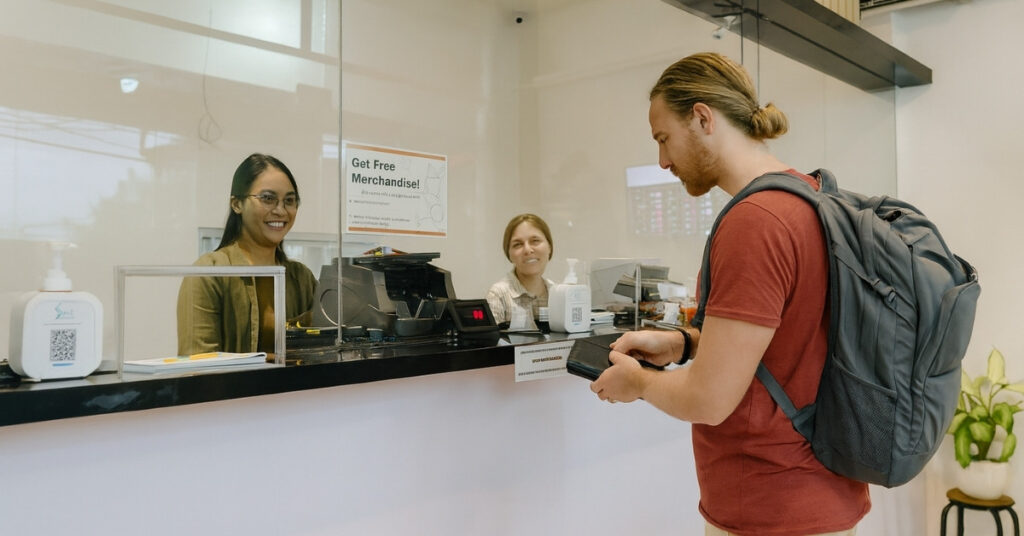
Understand that exchange rates fluctuate throughout the day. Major outlets update their board several times, giving customers opportunities to save money with better timing. Continue checking rates if you’re changing money over multiple days.
Imagine needing cash for a sunset temple visit but finding outlets closed. Exchange enough during business hours to cover evening activities. Most tourists underestimate how much cash they need for temples, parking, and donations.
Save money by avoiding multiple small exchanges. Commissions and poor rates add up over time. Instead, exchange larger amounts at trustworthy outlets and store excess cash securely at your hotel.
Frequently Asked Questions
How bad are airport exchange rates really? Airport rates typically offer 10-15% less than town outlets. Use them only for small amounts to cover immediate needs like taxi fare and snacks.
Can I pay for everything with cards? Many hotels and restaurants accept cards, but cash remains necessary for markets, temples, street food, and local transport. Always carry small denominations.
Which money changer services are most reliable? Central Kuta money exchange, Dirgahayu Valuta Prima, and BMC have decades of experience serving tourists. Look for authorized money changer licensing regardless of the name.
Should I exchange all my money at once? Exchange enough for several days but not your entire trip amount. This strategy gives you flexibility if rates improve or spending patterns change.
Do I need US dollars in Bali? Keep some USD as backup currency for emergencies, but Indonesian rupiah is what you’ll actually need. Most outlets exchange Australian dollar, Singapore dollar, and pound sterling easily.
Planning Your Bali Trip
Money exchange is just one aspect of travel preparation. Getting your Indonesian visa sorted before arrival saves time and stress, letting you focus on enjoying Bali rather than dealing with paperwork. At Visa-Indonesia.com, we make the process simple. We explain which visa fits your trip. Whether it’s a tourist stay, a business visit, or a longer adventure. We’ll walk you through the paperwork, handle the submissions, and keep track of the deadlines so you don’t have to. With us, you know your documents are approved before you fly.
The best part? Getting your visa sorted early means you only need to focus on the fun stuff, like where to stay, what to eat, and yes, finding the best money changer for your rupiah. We handle the bureaucracy, so you handle Bali.
Ready to Apply or Extend Your Visa?
Let our visa specialists handle your application.

